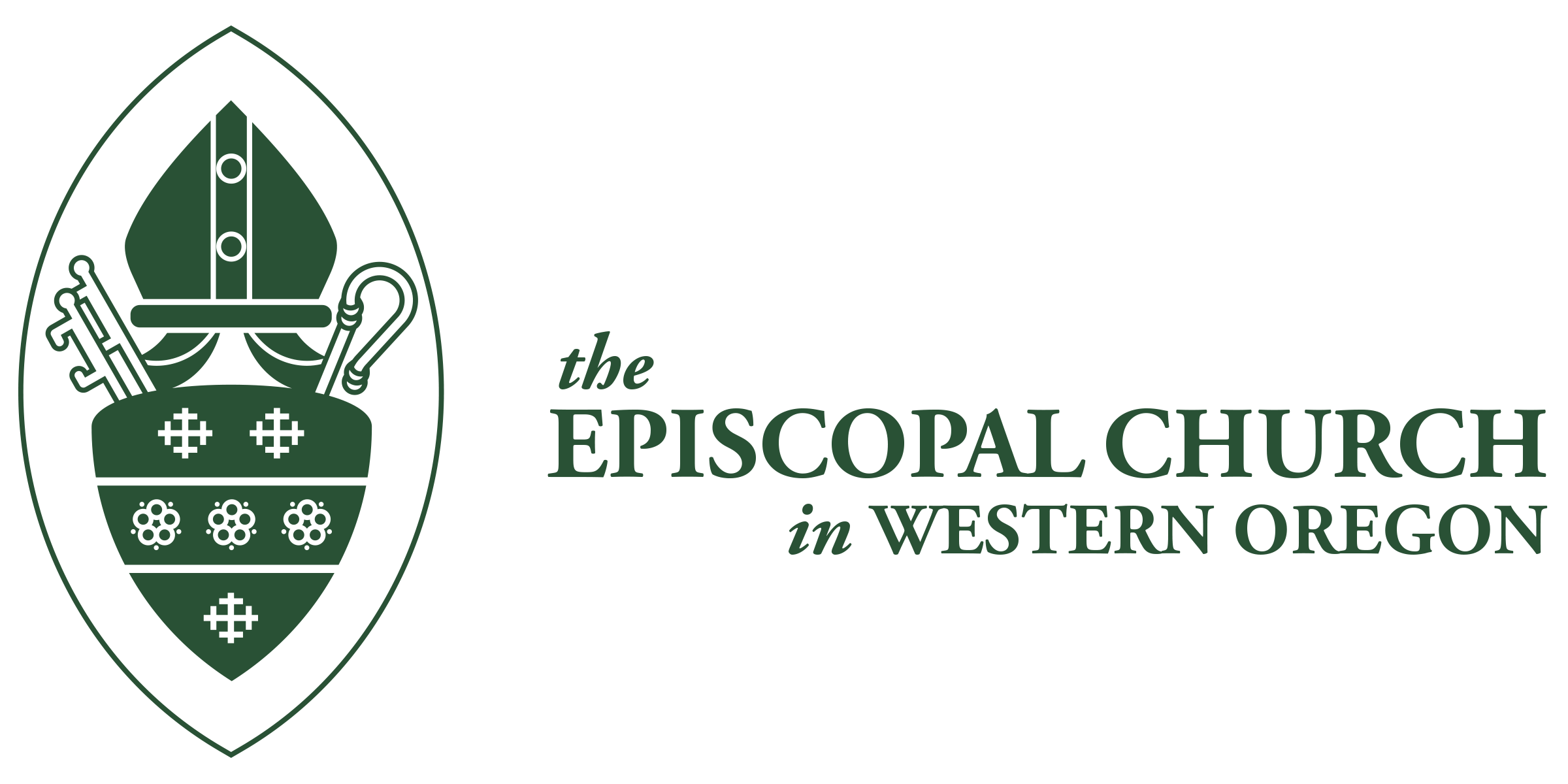Each Community is made up of 3 discerners, 3 companions, and 2 facilitators. In addition to these roles, Discernment Communities require participation by sending communities, vestries in charge of sending communities, and clergy in charge of sending communities.
These communities are designed to facilitate deep discernment in our Church for the discerners who apply to participate and in the context of the wider, ongoing discernment for which our Church is responsible. Because of this, discerners make the most significant investment of time and heart into this work. The commitments outline the primary responsibilities. Discerners may also be invited to meet separately with the Commission on Ministry and/or the bishop.
Each discerner will, with their priest-in-charge, invite 1 companion from their sending community to accompany them through this time.
- Companions will accompany discerners through most aspects of discernment.
- Companions will be involved in all community commitments except for the discerners’ meetings with their priest, therapist, and spiritual director.
- Companions will support discerners in their regular communication with their sending communities, represented by the vestry.
A team of facilitators will guide the Discernment Communities and liaise with the Commission on Ministry and the Missioner for Lifelong Formation. Facilitators will be supported by diocesan staff during the time of discernment.
Sending communities have a deep role in discernment and are invited to support discerners through regular prayer and financial support. The appropriate representatives of sending communities are their vestry and priest-in-charge.
- The vestry (by a two-thirds vote) and the priest must endorse the discerner’s application.
- Recognizing that many of our communities are experiencing financial instability, we will provide subsidizing scholarships, and we also expect communities to provide financial support when possible and in conversation with their discerner.
- Travel to the retreats, spiritual direction, and therapy may require financial assistance.
- Vestries are invited to remember discerners in regular prayer and encouragement and are required to meet three times with and receive reports from discerners.
- At the end of this time of discernment, vestries are responsible for affirming their results.
Like vestries, priests-in-charge of sending communities have canonical responsibilities in discernment.
- Priests are responsible for meeting with potential discerners for initial discernment and recommending potential applicants to the Commission on Ministry.
- Priests will be involved and informed throughout the time of discernment. Discerners are responsible for setting up regular meetings with their priest, and priests are responsible for ensuring that those meetings occur.
- At the end of discernment, priests are responsible for affirming the results of the discernment they have supported.

